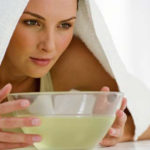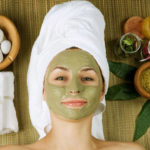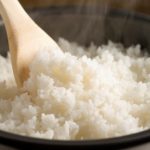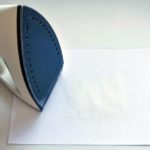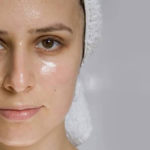Rice is the main staple food in the Vietnamese diet. But did you know that rice has other uses besides being consumed as food? And we’re sure that many people have never heard of this.
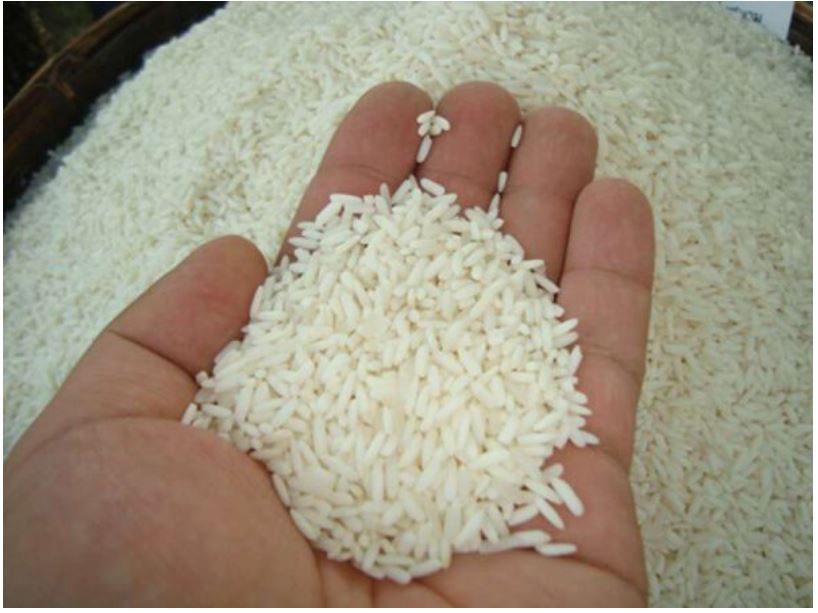
Today, we will help you discover the amazing benefits of these small rice grains. Read on and try applying them to your daily life.
1. Cleaning glass jars
Jars with small openings are hard to clean inside using conventional methods. In this case, you can put a handful of rice (about half a handful) into the jar. Then, pour a cup of water, cover the lid, and shake for about 10 seconds. You will see the rice grains working their magic by quickly removing dirt from the walls and bottom of the jar.
2. Preserving eggs
Rice helps maintain the freshness of eggs, and can even keep eggs preserved for up to 8 months with just rice. Here’s how: Put rice into a container, then layer the eggs on top. The rice will create a dry and warm environment, preventing the eggs from spoiling. In addition, rice powder can prevent bacteria from entering the eggs, thus keeping them fresh for about 6 – 8 months.
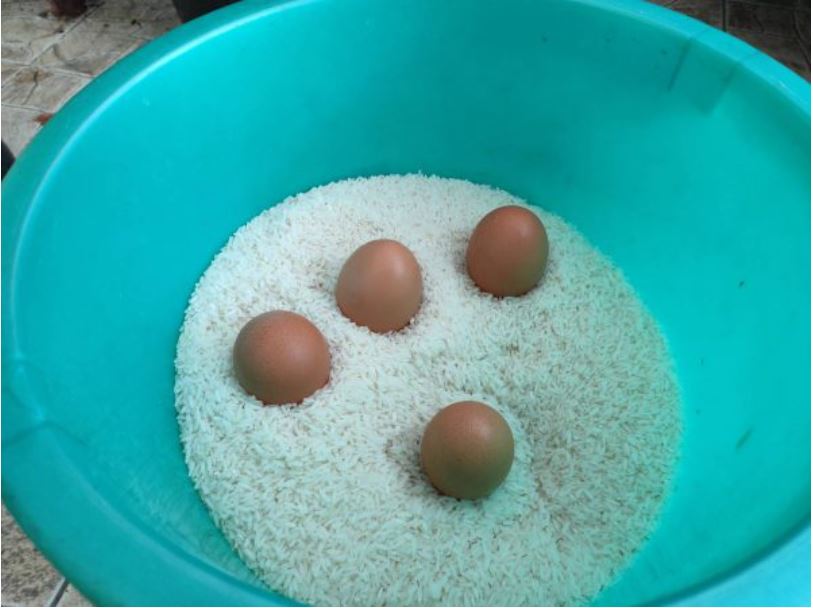
3. Preventing sugar and salt clumps
Sugar and salt, if not properly stored, can easily absorb moisture from the surrounding environment and form clumps. To prevent this from happening, you can use rice in the following way:
Method: Put rice in a small bag and place it together with the salt or sugar container. Rice has excellent moisture-absorbing properties, so when placed together with the salt or sugar container, it will absorb all the moisture inside and prevent the spices from becoming moist.
4. Checking temperature
When cooking, some people tend to put their fingers close to the pot to test the temperature, but this is not a good idea. Instead, you can put a little rice in the pan and observe its color. If the rice turns yellow, it means the pan is heating up.
5. Absorbing oil
Removing oil stains from clothes is one of the trickiest tasks. You can place a piece of paper on the oily area. Then, sprinkle a handful of rice on top. Leave it for about a day, and the rice will absorb the oil stains from the clothes.
6. Removing pen and ink stains from clothes
If your clothes accidentally get stained with ink, removing these stains can be difficult, but not impossible. If you act quickly before the ink dries, you can easily remove it. Here’s how: Use hot rice water to rub the area with pen or ink stains. Then rinse with water to effectively remove the dirt. However, be careful not to let the ink-stained fabric come into contact with other clothes, as it may spread to other areas.
7. Removing oil stains from kitchen utensils
If there are oil stains on the pot lid, you can pour hot rice water over it and then wipe it clean. When the oil stains come into contact with the hot rice water, they will melt and cleaning will be much easier. This method can also be used to clean grease from walls and kitchen appliances.
8. Enhancing skin beauty
– When you have acne on your face, you can mold freshly cooked rice into a large round ball using an egg. Then, roll or press the rice ball gently on your face while it’s still hot. Be careful not to burn yourself, as this can help with facial acne. It also makes your skin softer and more moisturized.
– Helping to exfoliate dead skin cells
Put rice in a fabric bag and soak it in water to moisturize, or you can use rice water itself, which is also effective. Apply it to your face and gently massage it to exfoliate dead skin cells and keep your skin clean and replenished with vitamins B and E.
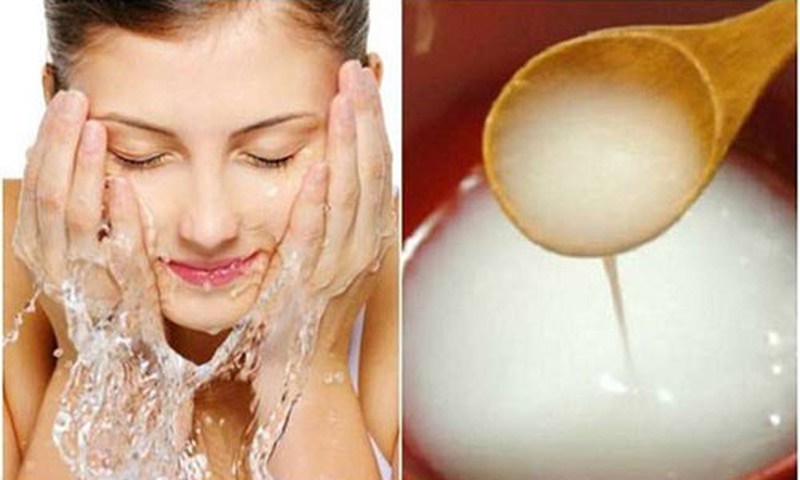
9. Hand and foot hygiene
When your hands and feet are dirty or oily, you can use dishwashing water with a little rice water to effectively deal with these stains. It will also make your hands soft and prevent them from becoming rough.
By An Nhiên – Vietnamnet
Discovering Unusual Ways to Utilize Salt
Table salt: a staple for the kitchen table, and a surprisingly powerful and versatile tool for cleaning, preserving and more! From preventing the discoloration of vegetables to repelling termites to deodorizing shoes, the uses of salt extend far beyond the kitchen.
























